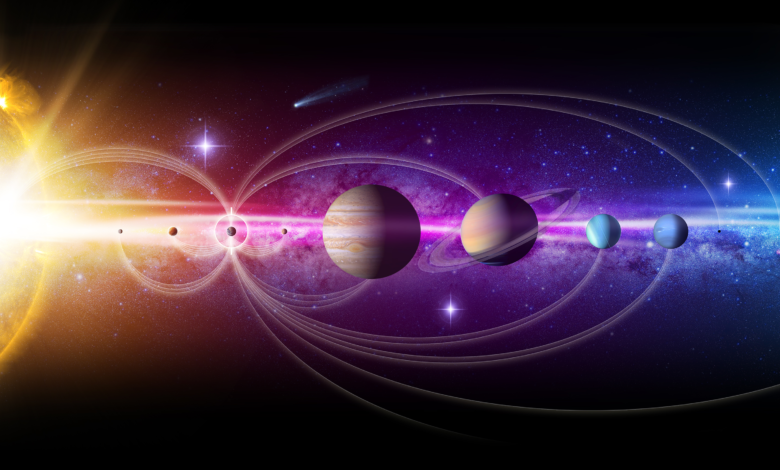Cosmic Odyssey: Exploring the Wonders of the Universe
Embark on a Journey Through Astronomy's Greatest Discoveries

The universe is vast and full of mysteries, and some of the most groundbreaking discoveries in astronomy have come from unexpected sources. Throughout history, accidental findings and serendipitous observations have played a crucial role in advancing our understanding of the cosmos. Let’s explore some instances where cosmic blunders led to revolutionary breakthroughs in astronomy.
- The Unexpected Microwave Buzz: In the 1960s, Arno Penzias and Robert Wilson were calibrating a radio antenna when they stumbled upon a persistent microwave noise emanating from all directions in space. Initially dismissed as interference, this noise turned out to be the cosmic microwave background radiation, providing compelling evidence for the Big Bang theory.
- The Surprising Asteroid Encounter: Italian astronomer Giuseppe Piazzi discovered the dwarf planet Ceres in 1801 while surveying the night sky. This accidental find shattered the belief that the space between Mars and Jupiter was empty and paved the way for the identification of asteroids.
- Revealing the Universe’s Expansion: Vesto Slipher’s spectroscopic observations of distant galaxies in the early 20th century revealed that their light was redshifted, indicating that the universe is expanding. This unexpected finding laid the foundation for modern cosmology.
- Pulsars from Military Monitoring: Jocelyn Bell Burnell’s analysis of data from a radio telescope designed to detect Soviet signals led to the discovery of pulsars in the 1960s. These rapidly spinning neutron stars were initially mistaken for extraterrestrial signals and are now crucial for studying stellar evolution.
- Unforeseen Dark Matter Signatures: The COBE satellite, launched in 1989 to map the cosmic microwave background, detected unexpected temperature fluctuations. These fluctuations, later attributed to dark matter, challenged existing theories and expanded our understanding of the universe’s composition.
These examples illustrate how accidental discoveries have shaped our knowledge of the cosmos. They underscore the importance of remaining open to unexpected findings and embracing the curiosity that drives scientific inquiry. As we continue to explore the universe, it’s essential to remember that sometimes, the most profound insights come from the most unexpected places

